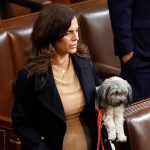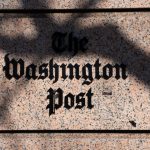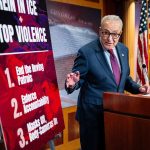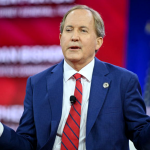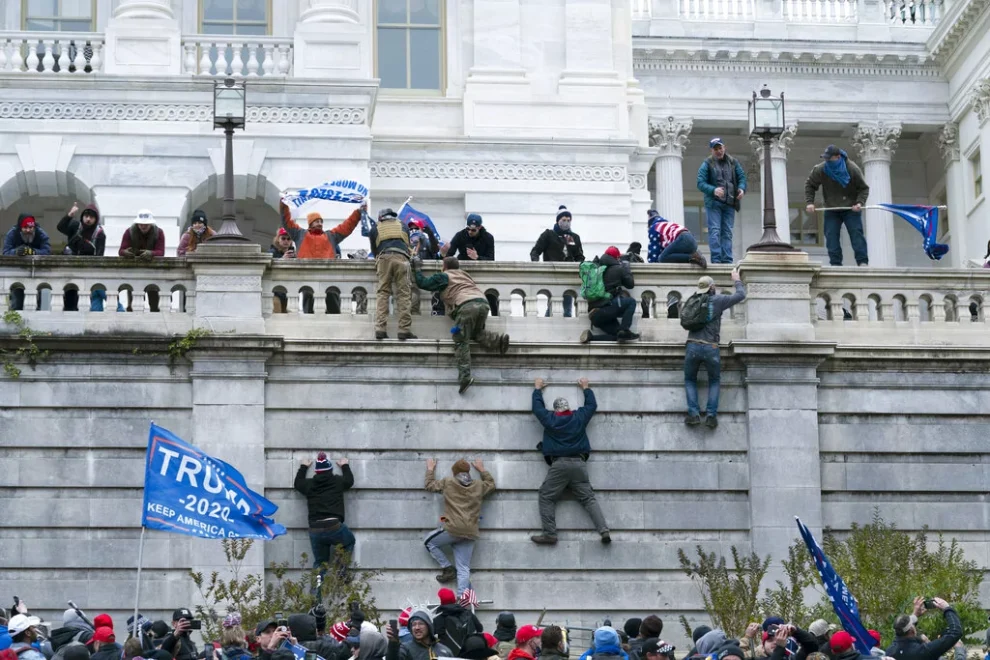Two federal judges Thursday postponed trials for individuals accused of participating in the Jan. 6, 2021, Capitol riot, citing President-elect Donald Trump’s impending inauguration and his promise to pardon many charged in connection with the attack.
The delays mark the first time federal judges have granted such postponements based on defendants’ expectations of clemency from the incoming administration. Several defendants have already filed updates in their cases, citing Trump’s presidential victory as a reason to delay further proceedings.
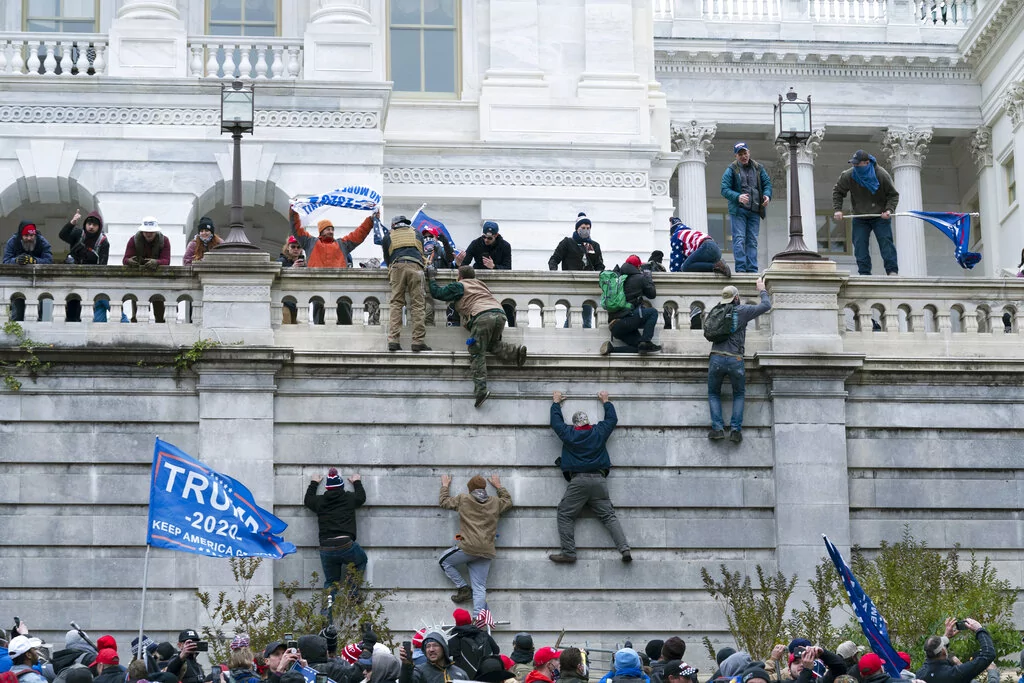
U.S. District Judges Carl Nichols and Rudolph Contreras, who were appointed by Trump and former President Barack Obama, respectively, overruled objections from the Justice Department to keep the trials on schedule, emphasizing the need to conserve judicial resources in light of the uncertain prosecutorial landscape.
“There’s a real possibility of that happening,” said Contreras regarding Trump’s promised pardons as he granted a delay for William Pope, a Kansas resident who was initially scheduled to stand trial in early December. Pope, who is acting as his own lawyer, now faces a possible trial date in late February.
Pope’s case involves misdemeanor charges after a felony obstruction charge against him was dropped following a recent Supreme Court ruling.
Nichols similarly deferred the trials of three other Jan. 6 defendants accused of misdemeanor trespassing, tentatively scheduling their trial for April. Without direct prompting, Nichols asked prosecutors to assess whether these cases would proceed once Trump takes office. When the prosecutor could not confirm, he opted to set a later trial date, allowing the DOJ time to recalibrate under the new administration.
Other federal judges in Washington, D.C., have resisted such requests. Christopher Carnell was one of the first Jan. 6 defendants to request a delay in his legal proceedings after Trump’s victory, but U.S. District Judge Beryl Howell, an Obama appointee, declined to grant his request and set his sentencing hearing for Dec. 13.
U.S. District Judge Paul Friedman, another Obama appointee, denied a motion from two defendants seeking to delay their sentencing, writing, “Whatever the President-elect may or may not do regarding some of those convicted for their conduct on January 6, 2021, is irrelevant to the court’s independent obligations and legal responsibilities under Article III of the Constitution.”
Contreras acknowledged the stance of his peers but noted the unique nature of cases approaching jury trials, which require extensive preparations, including the summoning of numerous possible jurors.
“I’m focused on conserving resources for the parties, the court, and the citizens involved,” Contreras explained.
Assistant U.S. Attorney Benet Kearney countered that the DOJ intended to proceed with an efficient case presentation to address concerns over court resources, but Contreras remained firm, stating, “I’m not reconsidering.”
CLICK HERE TO READ MORE FROM THE WASHINGTON EXAMINER
Trump’s campaign promises to pardon those charged in connection with Jan. 6 have sparked significant anticipation among defendants and their supporters.
While no clemency policy has been established by the incoming administration, the prospect of amnesty has created a climate of uncertainty around the pending cases, with various defendants now exploring legal avenues to delay proceedings until after Trump assumes office.


